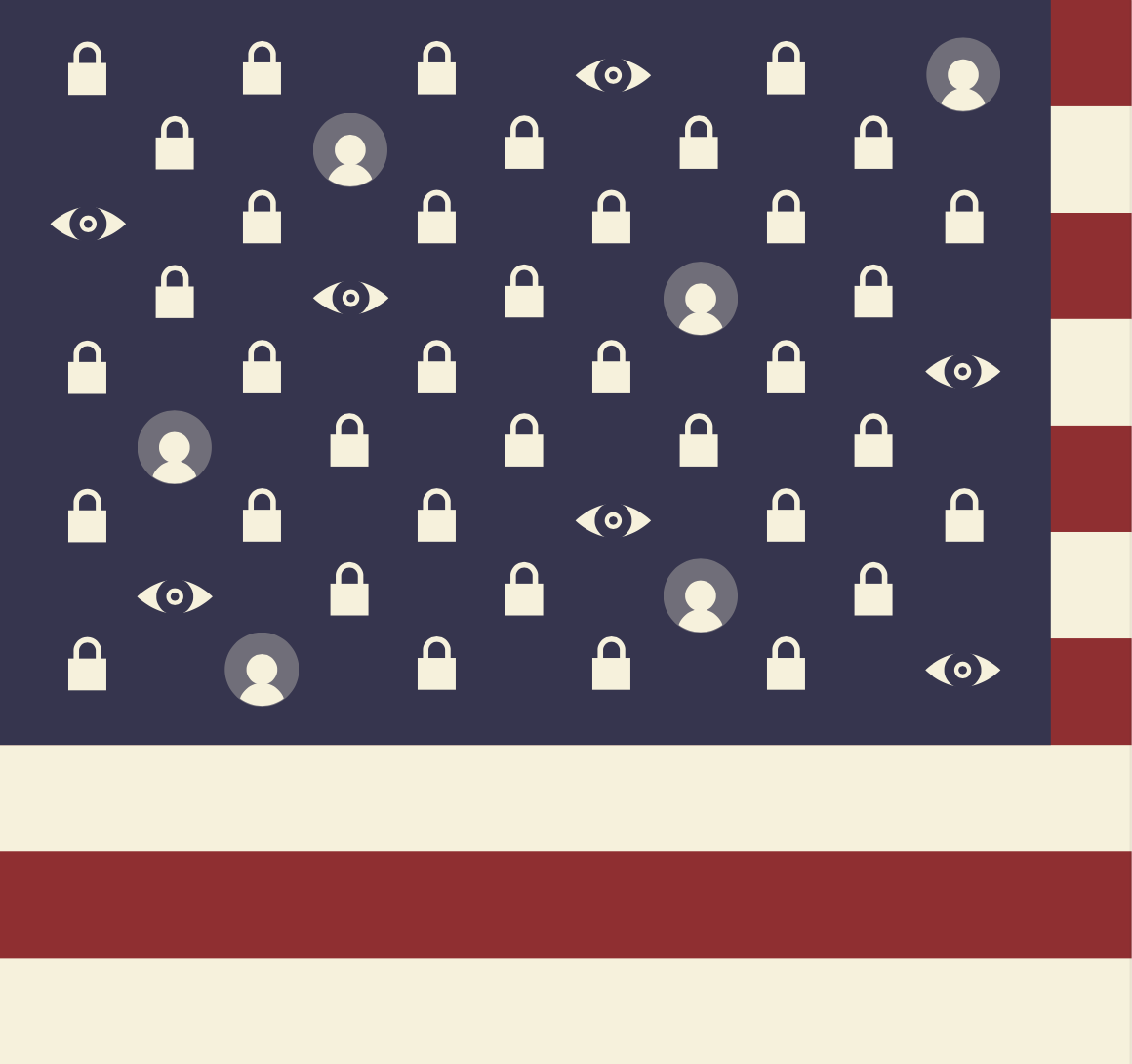World Privacy Forum to testify before Congress
Internet and consumer privacy — The World Privacy Forum’s executive director Pam Dixon will testify about online consumer privacy before the House Committee on Energy and Commerce today.


Internet and consumer privacy — The World Privacy Forum’s executive director Pam Dixon will testify about online consumer privacy before the House Committee on Energy and Commerce today.
WPF executive director Pam Dixon testified at a joint subcommittee hearing focused on privacy and the collection and use of online and offline consumer information. Dixon’s testimony focused on the new “modern permanent record” and how it is used and created. Dixon said “The merging of offline and online data is creating highly personalized, granular profiles of consumers that affect consumers’ opportunities in the marketplace and in their lives. Consumers are largely unaware of these profiles and their consequences, and they have insufficient legal rights to change things even if they did know.” The testimony explored concrete examples of problematic consumer profiling activities.
TACD — The Trans Atlantic Consumer Dialogue (TACD), which WPF is a member of, has sent a letter regarding Internet privacy to a Congressional subcommittee explaining that European privacy controls are not burdensome, but rather of key importance. The TACD is a forum of more than 80 US and European consumer groups and represents several hundred million consumers in North America and the United States.
Pam Dixon maintained a long-standing weekly tech segment on ClearChannel for many years. (Monterey Bay, Salinas, Santa Cruz). Many of the discussions revolved around privacy. If you would like links, headlines, and information related to the weekly broadcasts, check or follow Pam Dixon’s Facebook page, where updates are posted.
Medical ID theft — The World Privacy Forum has released a new map that reveals the geography of medical identity theft. This is the first map of its kind, and is based on the Federal Trade Commission Consumer Sentinel data. The map is interactive, and gives details on the cities where medical identity theft occurred over the course of a year. The World Privacy Forum published the first report on medical identity theft in 2006, coining the term in the report and bringing the crime to public attention. WPF continues to actively research this important privacy issue.